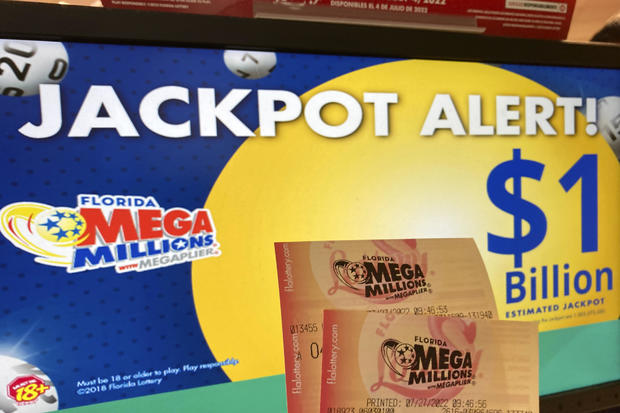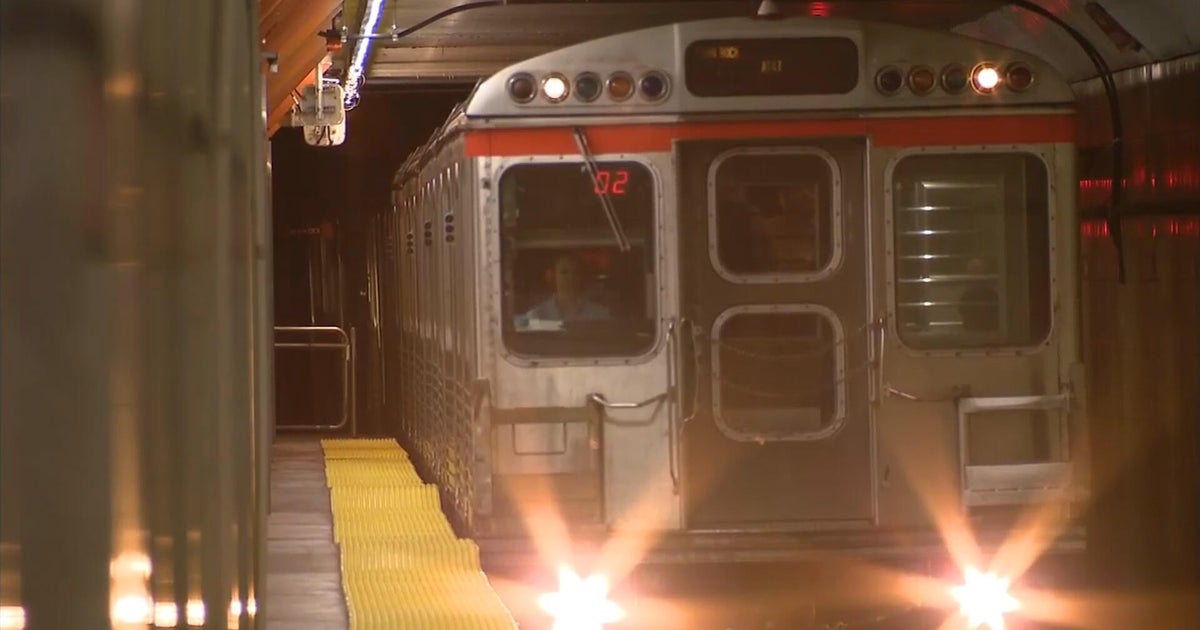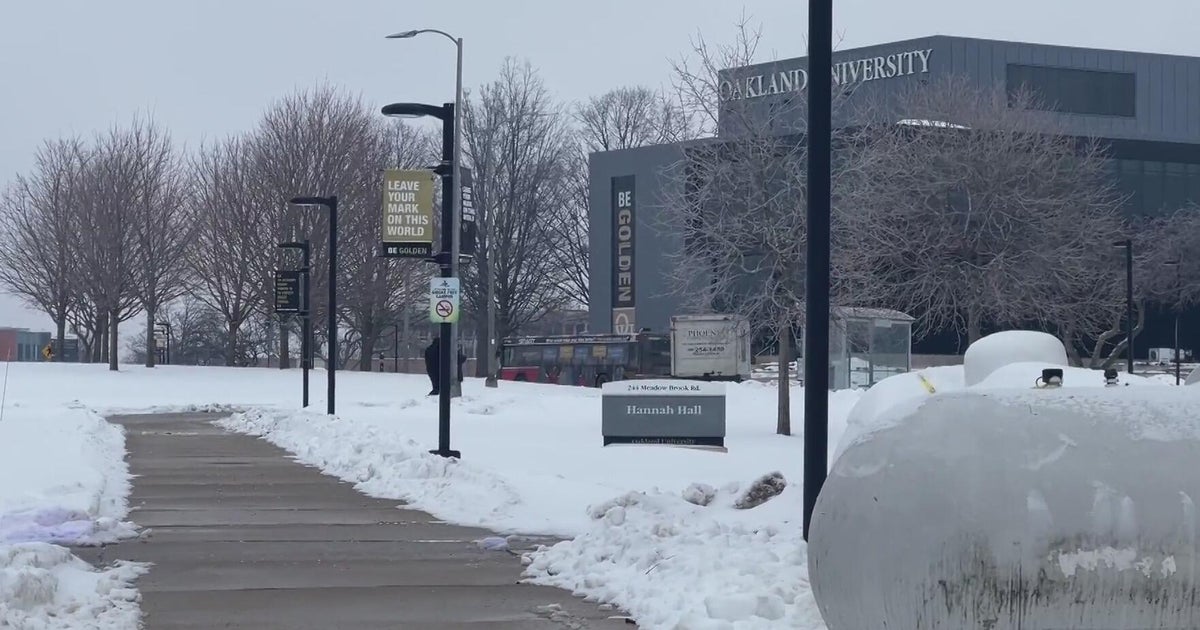Mega Millions jackpot tops $1 billion after no one won $830 million grand prize
The Mega Millions jackpot has crossed the $1 billion threshold. The grand prize in Friday night's drawing will be an estimated $1.02 billion, lottery officials said, though that's certain to grow as more and more tickets are bought as that drawing approaches.
The cash option for that pot of gold would be $602.5 million.
No winning tickets were sold for Tuesday night's drawing, which had a jackpot of $830 million. It would have been the nation's fourth-largest lottery prize of all time and third-largest Mega Millions prize.
The winning numbers from Tuesday night's drawing were: 29, 63, 66, 7, 60 and a "Mega Ball" of 15.
"It takes a long time for this kind of jackpot to get up this high, so we're excited," Maria Kilbane, a spokesperson for Mega Millions, told CBS News.
In this case, 29 consecutive draws without a jackpot winner. No one has matched the game's six numbers since April 15.
The biggest-ever lottery payday was a $1.58 billion Powerball jackpot won in 2016.
The crush of people to find out if there were any winners resulted in "unprecedented" traffic to the Mega Millions website, Kilbane said in a statement. Many attempts to reach the site resulted in error messages before it was determined that there weren't any grand prize winners.
Kilbane said traffic abated once the results from Tuesday night's drawing were posted, but there were 62 million attempts to reach the site over a 24 hour span.
This year has seen three large jackpot wins: a $426 million pot in California in January, a $128 million ticket in New York in March and a $110 million prize in Minnesota in April, according to Mega Millions.
The odds of winning the jackpot are vanishingly small — about 1 in 302.5 million. You have better odds of a smaller payoff, such as winning $1 million for matching five regular numbers but missing the Mega Ball. But even that is one in 12.6 million.
To put those in perspective, your chance of dying in a car crash — something to consider as you drive to the mini-mart for a lottery ticket — is around one in 101 over a lifetime, according to the nonprofit National Safety Council.
How much is the payout after taxes?
Meanwhile, even if you somehow beat the odds, you won't get the full payout. First, that's the amount for winners who take the annuity option, paid over 30 annual payments. But winners typically opt for cash, which for this drawing would pay out an estimated $602.5 million.
"Some people like the idea of having something consistent over time," but in recent years "just about everyone has chosen the cash option prize," Kilbane said.
And then there are federal taxes, which cut the payout even further. State taxes also could cut into that amount depending on where the winner lives. Still a fortune, but a smaller fortune.
That also doesn't account for the possibility that someone else will match the winning numbers, meaning they would need to divide even those smaller winnings in half or more, depending on the number of lucky players.
Mega Millions is played in 45 states as well as Washington, D.C., and the U.S. Virgin Islands. The game is coordinated by state lotteries.








